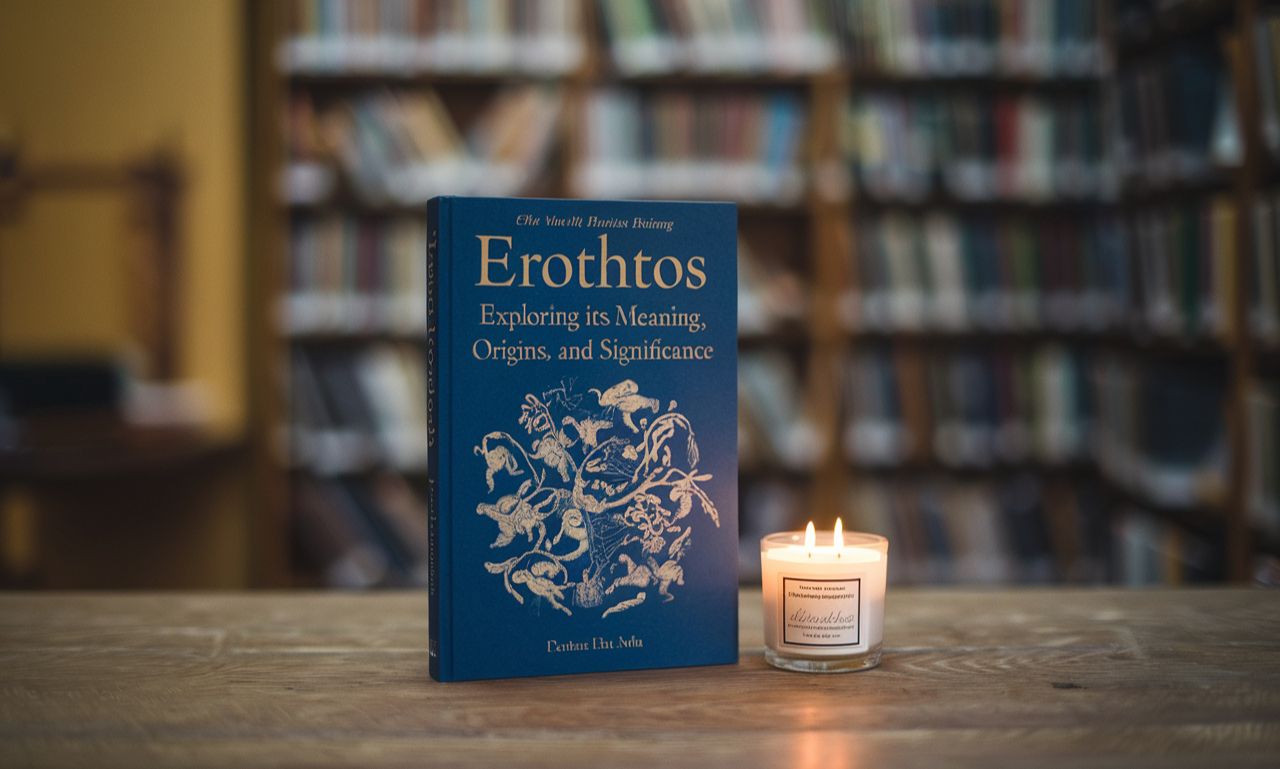What would happen if you held your own gaze in the mirror for an extended period? For centuries, philosophers and mystics have explored the idea of self-reflection—literally and metaphorically—as a path to greater understanding. Today, this ancient practice has a modern twist: Mirror Gazing Meditation. By combining mindfulness with mirror gazing, this practice invites you to uncover deep truths about yourself, boost your self-esteem, and process emotions in a profound way.
This blog explores the concept of Mirror Gazing Meditation, its benefits, and the steps to practice it effectively. Whether you’re seeking personal growth, better emotional self-regulation, or a new mindfulness technique, this guide will help you get started.
What is Mirror Gazing Meditation?
Mirror Gazing Meditation is a mindfulness practice where you look directly into your reflection to foster a deeper connection with yourself. Unlike simply glancing in a mirror to fix your hair or check your appearance, this practice encourages intentional, prolonged eye contact. The goal is not vanity—it’s self-discovery.
How Does It Work?
The principle is simple yet powerful. Holding your gaze in the mirror allows you to bypass your usual self-critical thoughts. Instead, you observe what’s truly present—your emotions, your strengths, your vulnerabilities. With time, this reflection becomes less about how you look and more about who you are.
Many advocates liken it to other mindfulness practices such as seated meditation or breath awareness. However, the act of using your reflection adds an additional layer of introspection—forcing you to face yourself, quite literally, without distractions.
Benefits of Mirror Gazing Meditation
Mirror Gazing Meditation offers a range of psychological, emotional, and even physical benefits. Below are seven key benefits that make this practice worth exploring:
1. Enhanced Self-Awareness
Looking deeply into your eyes allows you to confront your innermost thoughts and feelings. Over time, you begin to develop a clearer understanding of your values, motivations, and emotional triggers. Self-awareness is essential for personal growth, and this practice helps you uncover layers of yourself that may have gone unnoticed.
2. Improved Emotional Regulation
Mirror Gazing Meditation can act as a safe space to process your emotions. If you’ve been suppressing sadness, anxiety, or even joy, this practice can encourage expression and acceptance. The mirror becomes a nonjudgmental witness, allowing you to release pent-up feelings in a constructive way.
3. A Boost in Self-Esteem
Prolonged time with your own reflection can ease inner criticism and promote self-acceptance. By observing yourself without judgment, you slowly dissolve negative self-perceptions. Many practitioners report an increase in self-love and an ability to focus more on inner worth than external imperfections.
4. Strengthened Intuition
When you gaze into your reflected eyes, you connect with your subconscious mind. This deeper connection can lead to heightened intuition, helping you make decisions that align more closely with your values and authentic self.
5. Stress and Anxiety Reduction
Mirror Gazing Meditation provides a calm, grounding experience that reduces stress and anxiety. By focusing on your breath and maintaining a soft, steady gaze, you shift your attention away from external worries to internal tranquility.
6. Developing Empathy for Yourself and Others
The mirror doesn’t just show your outer appearance; it can reveal your inner vulnerabilities. Recognizing your own emotions and experiences can foster greater compassion—not only for yourself but also for others who may be struggling in similar ways.
7. Encourages Positive Change
By regularly engaging in self-reflection—both metaphorically and literally—you identify areas of your life where growth is needed. This insight encourages intentional and positive changes that align with your goals and aspirations.
How to Practice Mirror Gazing Meditation
If you’re ready to explore Mirror Gazing Meditation, follow these five simple steps to get started:
1. Set the Scene
Find a quiet, comfortable space where you won’t be disturbed. Choose a mirror that allows you to see only your face to minimize distractions. Soft lighting, such as candlelight, can create an intimate and calming atmosphere.
2. Begin with Intentions
Before you start, take a moment to set an intention for your practice. Are you hoping to process a specific emotion? Connect with yourself? Release self-judgment? Having a clear focus will deepen your experience.
3. Establish a Comfortable Position
Sit or stand at a comfortable distance from the mirror. Ensure that your posture allows you to relax but remain alert. Take a few deep breaths to settle into the present moment.
4. Focus on Your Eyes
Gently bring your gaze to your eyes in the mirror. Avoid scanning your face or focusing on perceived flaws. Your eyes are the doorway to your inner self, so concentrate on maintaining soft, steady eye contact.
5. Observe Your Thoughts and Feelings
Notice what thoughts or emotions arise. You might experience discomfort, judgment, or even tears—and that’s okay! Remain mindful and compassionate. The goal is not to critique or analyze but simply to observe without judgment.
Start with 5-10 minutes and gradually increase the duration as you become more comfortable. Each session is a unique opportunity for discovery.
Tips to Deepen Your Practice
- Keep a Journal: After each session, jot down any thoughts, feelings, or realizations that surfaced. Over time, you’ll notice patterns and growth in your self-awareness.
- Practice Affirmations: End your session with kind, supportive words to yourself, such as “I am worthy” or “I am growing every day.”
- Experiment with Time: Some people prefer morning sessions to set a positive tone for the day, while others find evening sessions more grounding and reflective.
- Stay Consistent: Like any mindfulness practice, regularity is key. Aim for at least 3-4 sessions per week to experience its full benefits.
What Can You Expect to Learn From Yourself?
Everyone’s experience with Mirror Gazing Meditation is unique. Some find clarity on unresolved issues, while others cultivate a newfound sense of self-love. Over time, you may discover hidden strengths, unmet emotional needs, or motivation to make positive changes in your life. The mirror reflects more than just your physical self—it reveals the truths you carry within.
Unlock the Power of Self-Reflection
Mirror Gazing Meditation is a powerful way to connect with yourself in a world filled with external distractions. It invites you to pause, look inward, and uncover the aspects of yourself that go unnoticed in daily life. Through this practice, you can cultivate self-awareness, compassion, and confidence—all essential for personal growth.
Are you ready to begin your self-reflective journey? Set up your space, gaze into your reflection, and see what you can discover.
Conclusions
Mirror Gazing Meditation is more than just a mindful practice; it is a gateway to deeper understanding and self-empowerment. By dedicating time to reflect and connect with your inner self, you can unlock profound emotional clarity, foster resilience, and strengthen your sense of identity. This practice reminds us that growth begins from within, and the answers we seek often lie in the silent moments of self-reflection. Begin your practice today and take the first step toward a more confident, self-aware, and fulfilled version of yourself.











